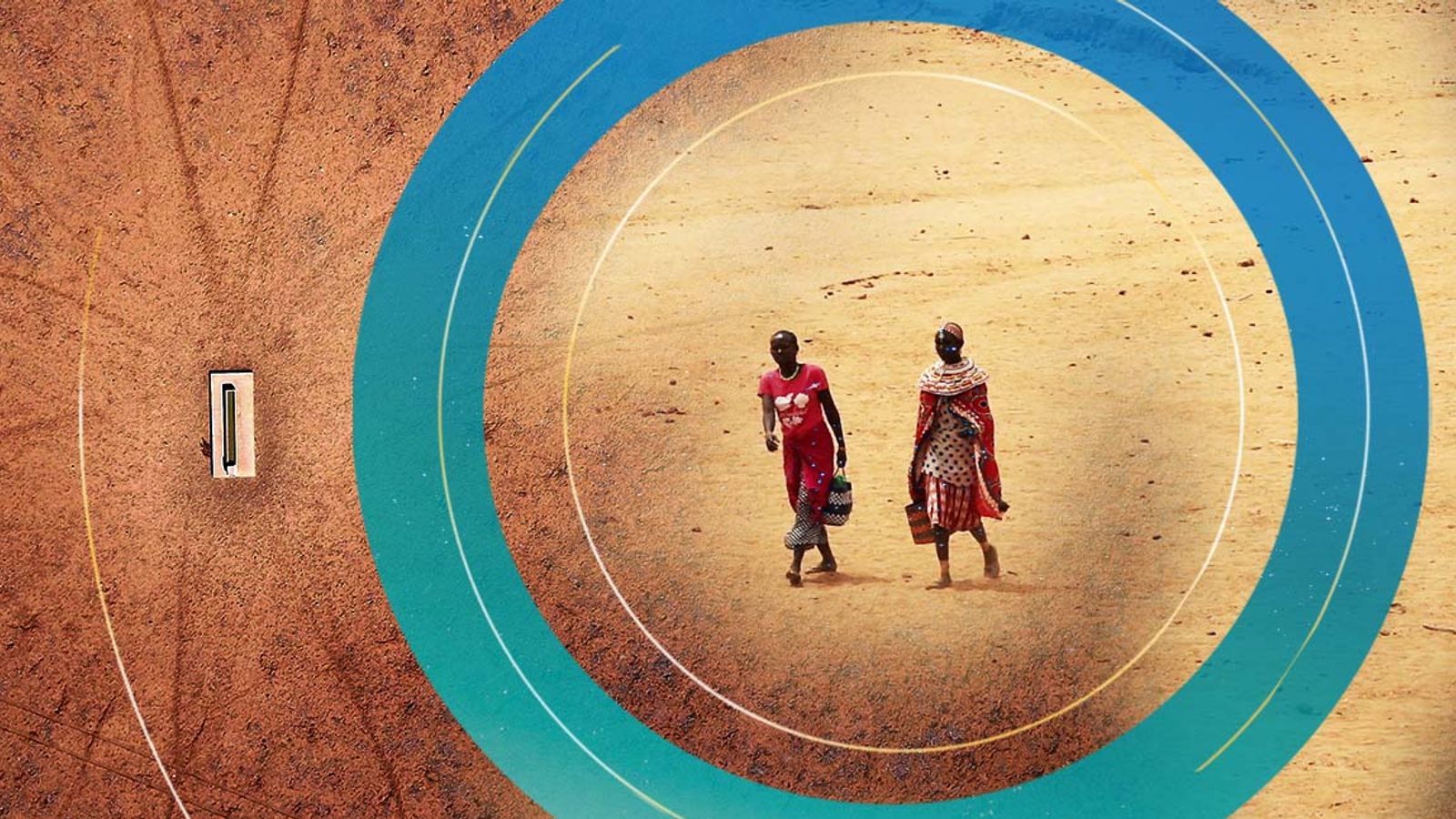More research is needed into climate change leading to societal collapse or human extinction, researchers have said, warning such potentially catastrophic results are “dangerously unexplored”.
A team of international experts led by Cambridge University said not enough research had gone into the possible worst case scenario, despite “ample reasons to suspect that climate change could result in a global catastrophe”.
Writing in a paper published in the journal Proceedings of the National Academy of Sciences, they said analysing extreme consequences of climate change could “galvanise action, improve resilience and inform policy”.
They have called on the Intergovernmental Panel on Climate Change (IPCC) to dedicate a future report to catastrophic climate change.
Lead author Dr Luke Kemp, from Cambridge’s Centre for the Study of Existential Risk, said: “There are plenty of reasons to believe climate change could become catastrophic, even at modest levels of warming.
“Climate change has played a role in every mass extinction event.
“It has helped fell empires and shaped history.
Bills must rise to pay for water security and avoid emergency supply handouts, infrastructure chief warns
Vicious California wildfire swells a staggering 62 times in size overnight, torching vehicles and homes
UK heatwave was made 10 times more likely by climate change and hundreds may have died – study
“Even the modern world seems adapted to a particular climate niche.
“Paths to disaster are not limited to the direct impacts of high temperatures, such as extreme weather events.
“Knock-on effects such as financial crises, conflict, and new disease outbreaks could trigger other calamities, and impede recovery from potential disasters such as nuclear war.”
Please use Chrome browser for a more accessible video player
The ‘four horsemen’ of the climate endgame
The researchers argue that the consequences of 3C warming and its extreme risks are under-examined.
They have proposed a research agenda which includes what they call the “four horsemen” of the climate endgame: famine and malnutrition, extreme weather, conflict and vector-borne diseases.
Co-author Prof Johan Rockstrom, director of the Potsdam Institute for Climate Impact Research, said: “The more we learn about how our planet functions, the greater the reason for concern.
“We increasingly understand that our planet is a more sophisticated and fragile organism.
“We must do the math of disaster in order to avoid it.”
Watch the Daily Climate Show at 3.30pm Monday to Friday, and The Climate Show with Tom Heap on Saturday and Sunday at 3.30pm and 7.30pm.
All on Sky News, on the Sky News website and app, on YouTube and Twitter.
The show investigates how global warming is changing our landscape and highlights solutions to the crisis.











